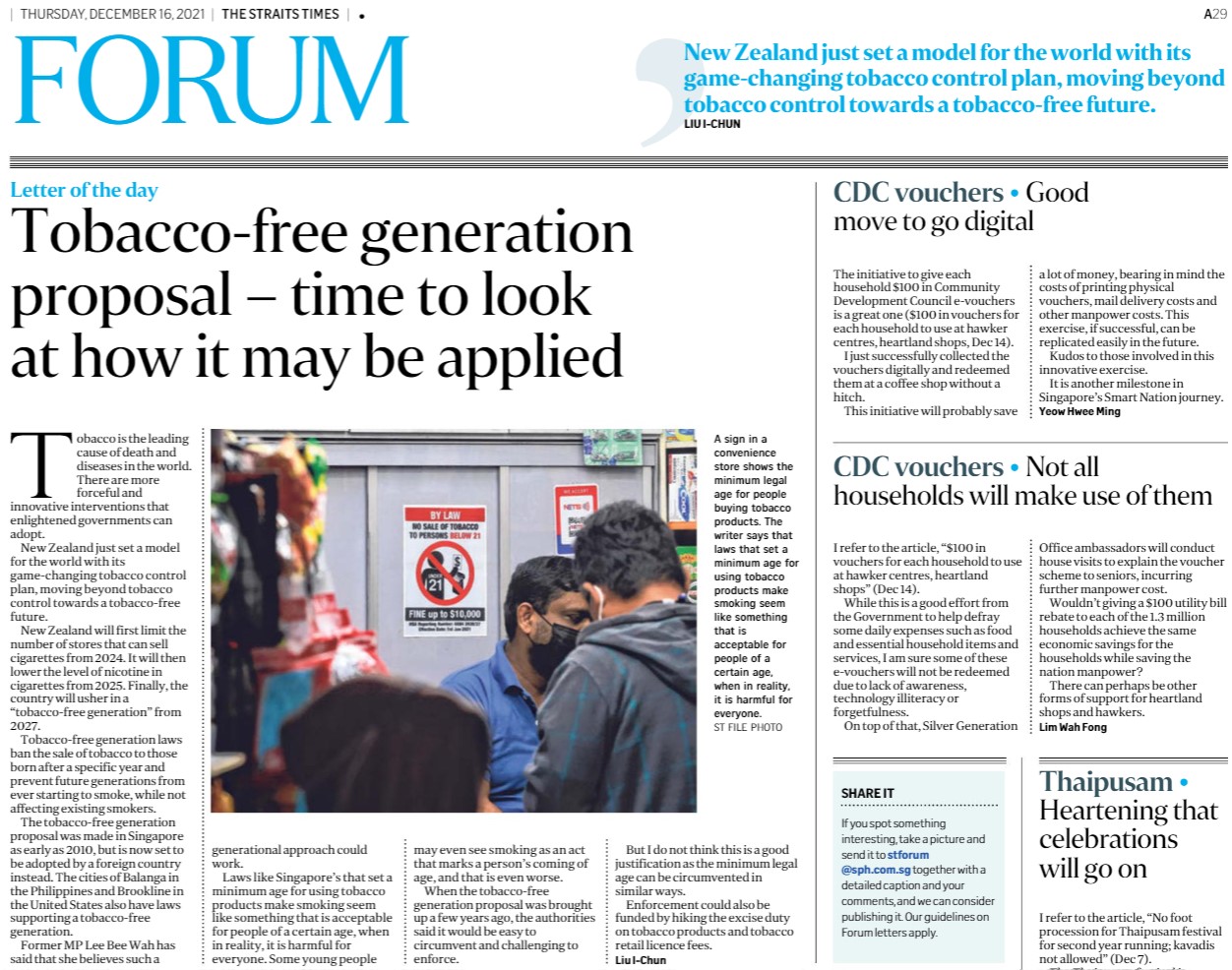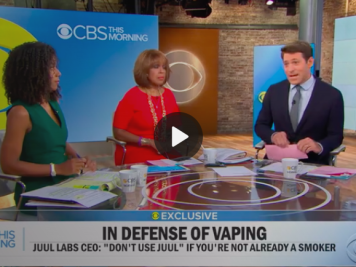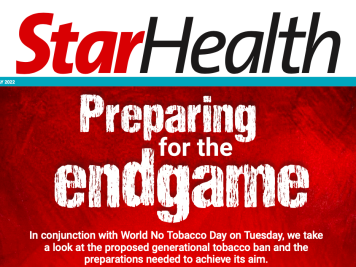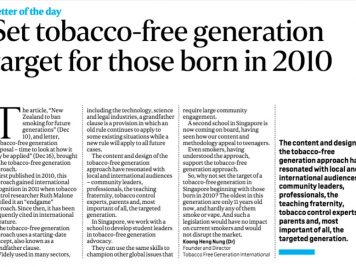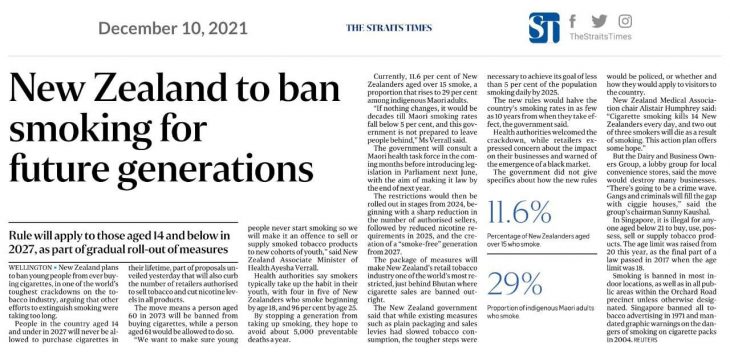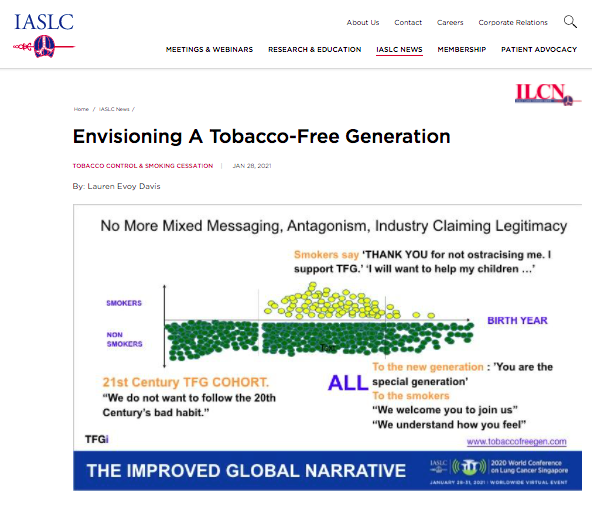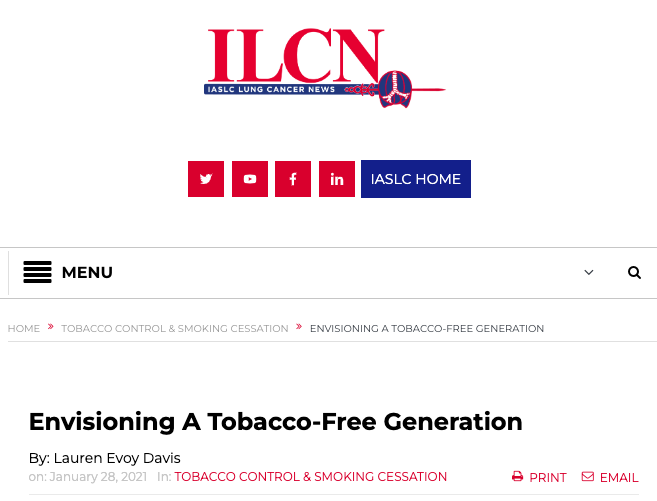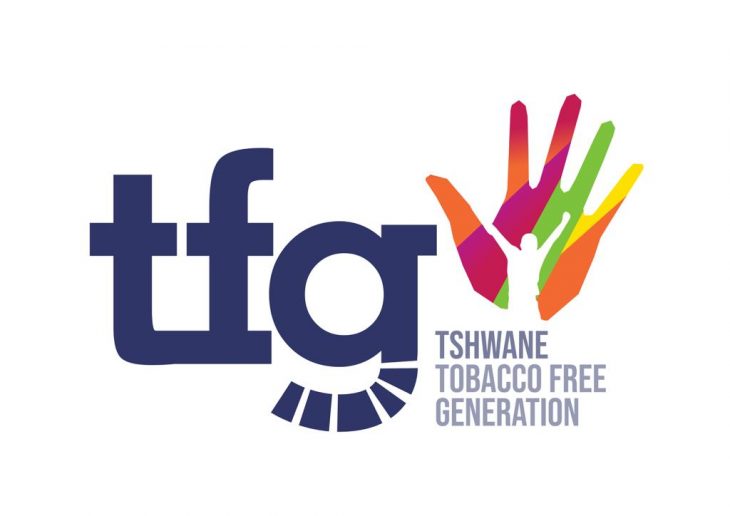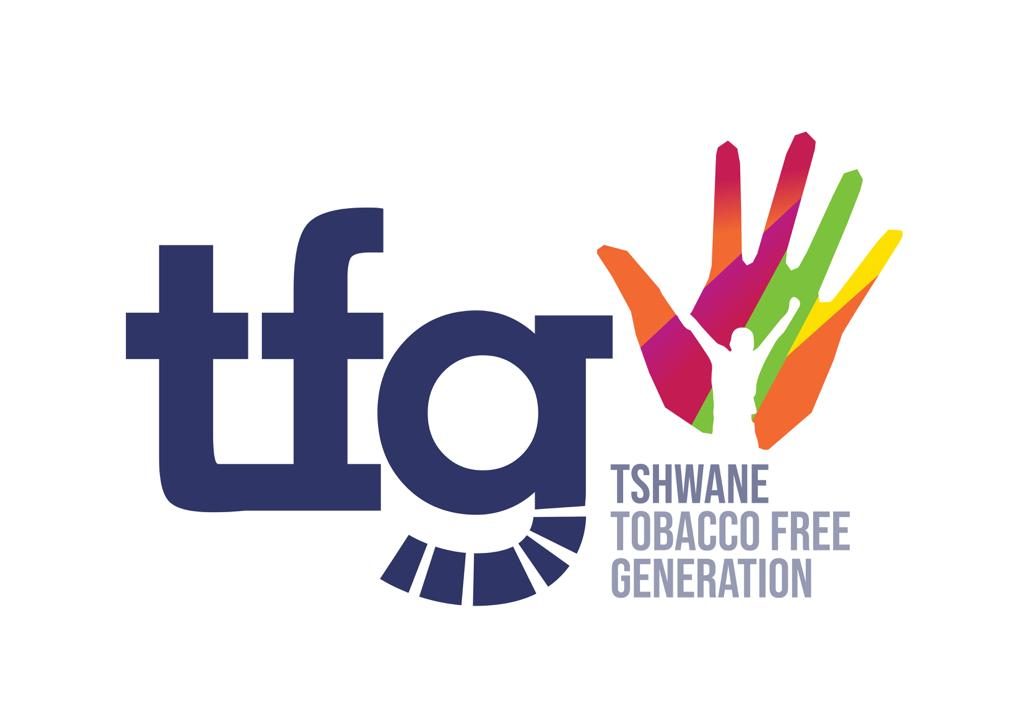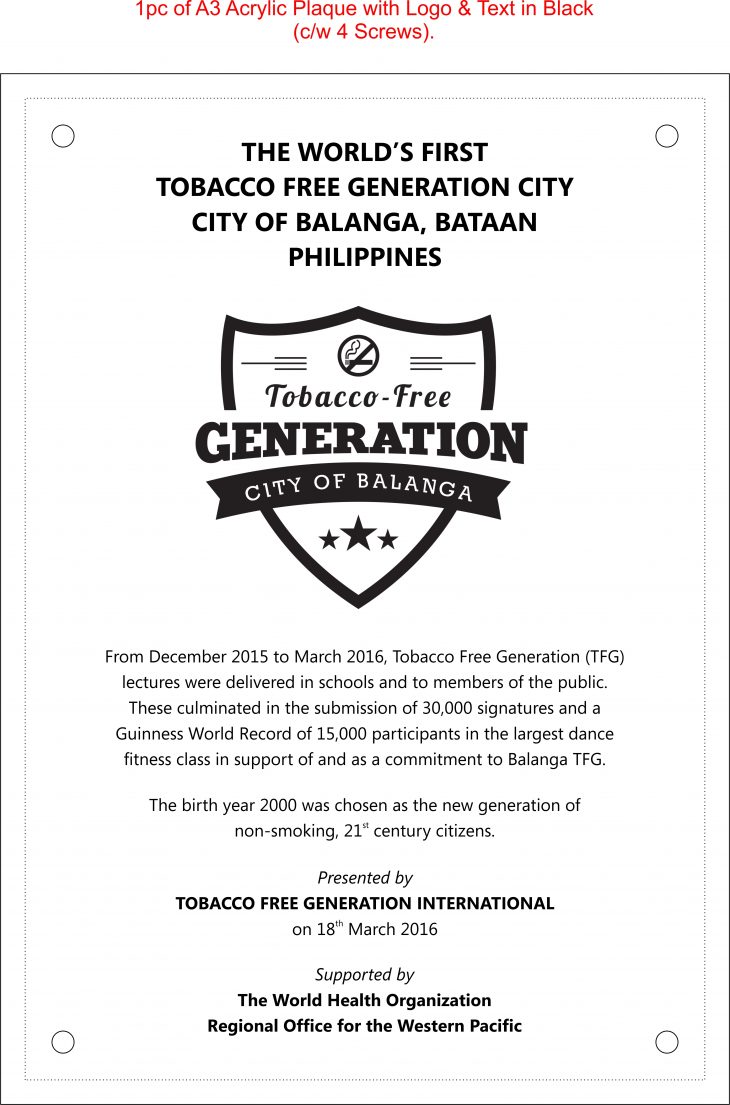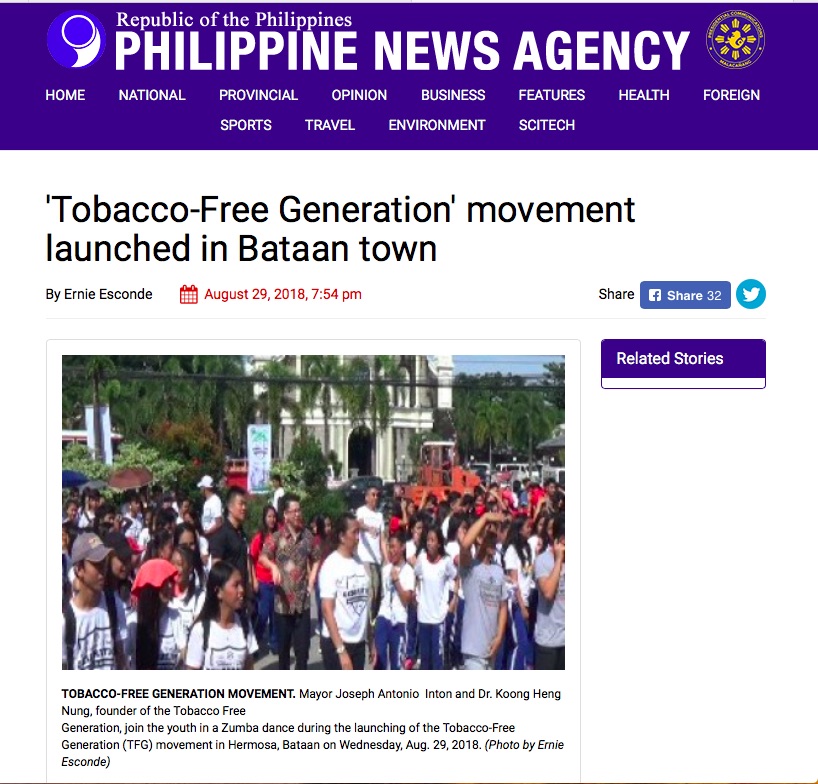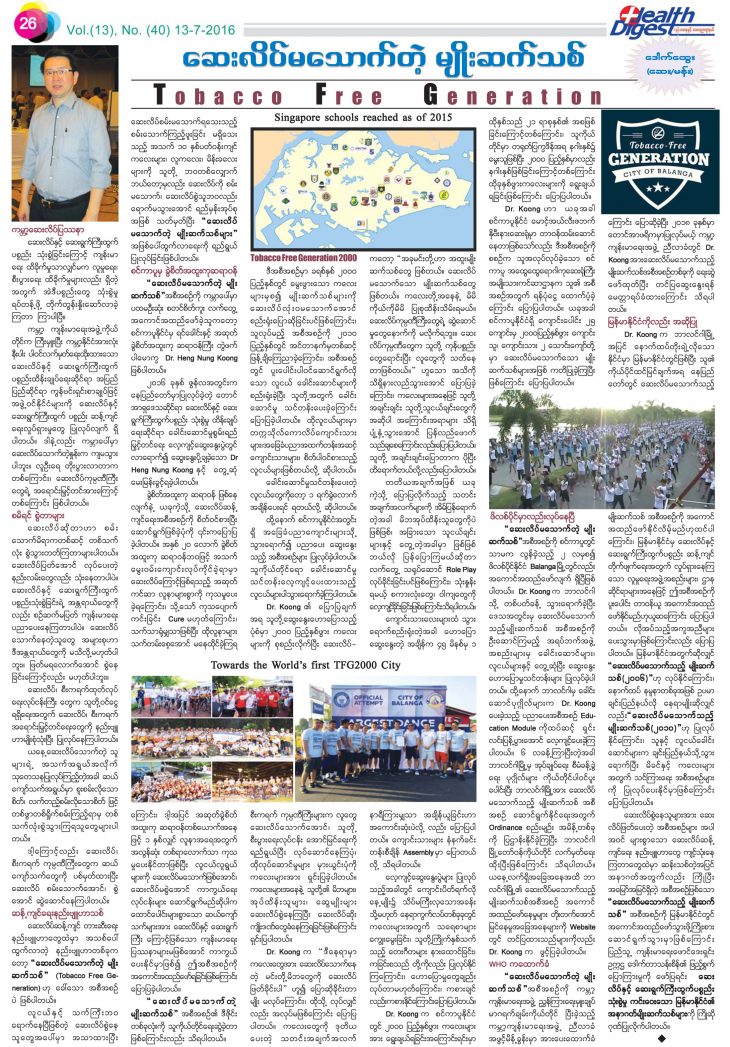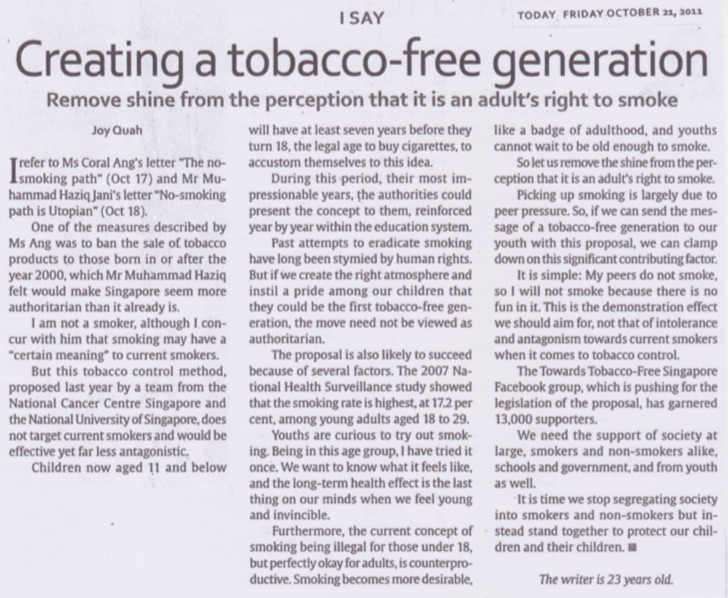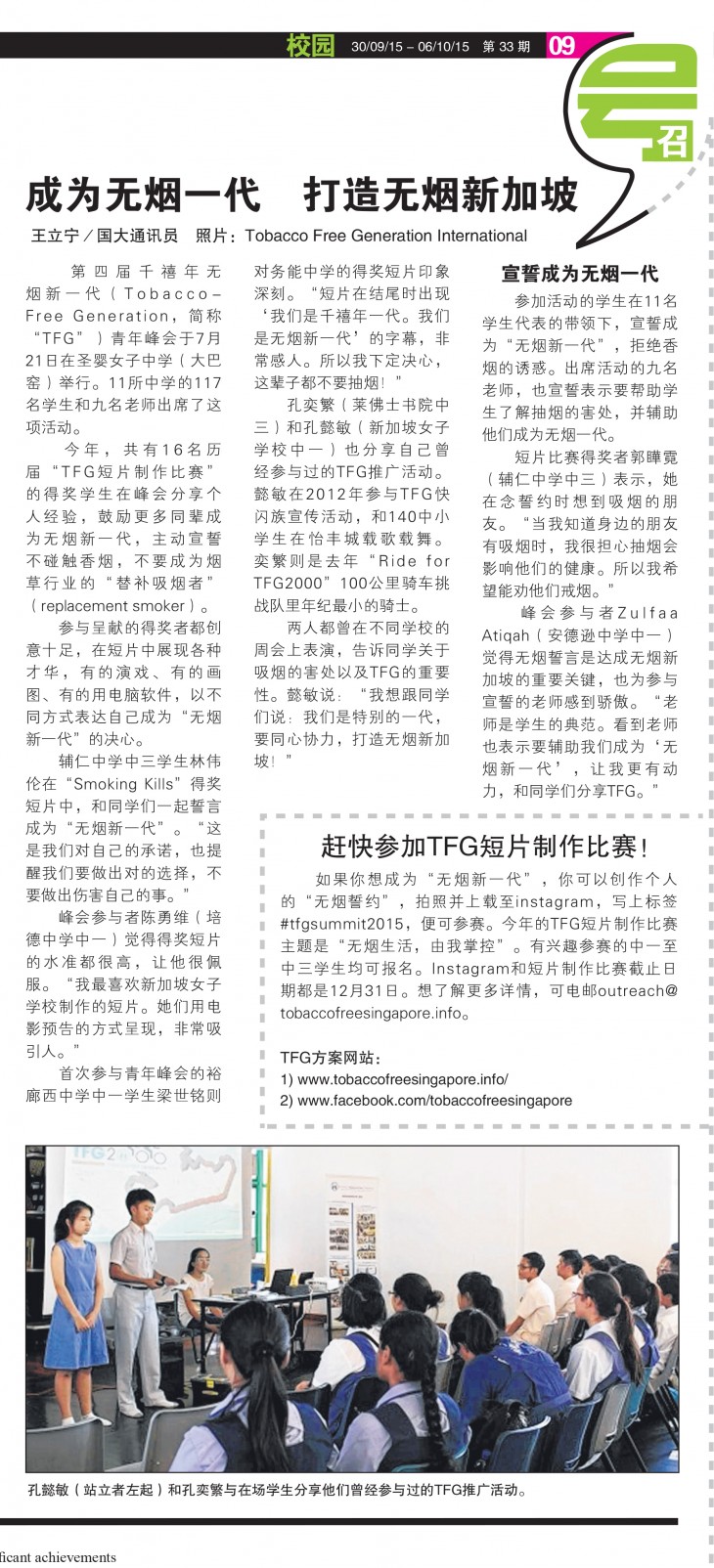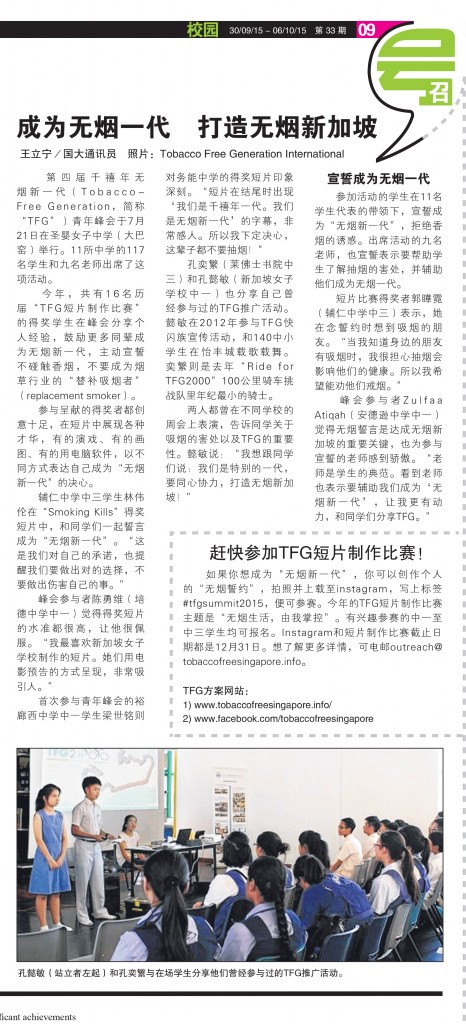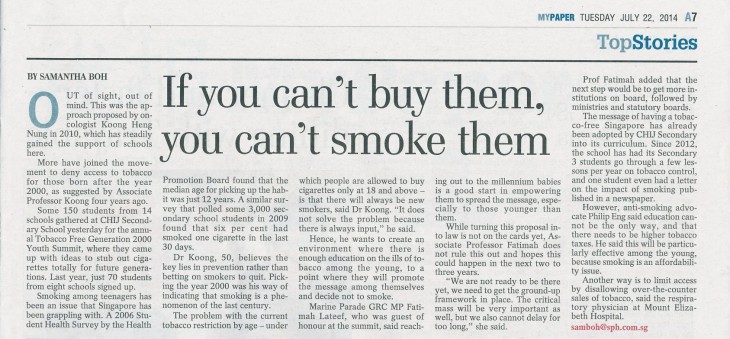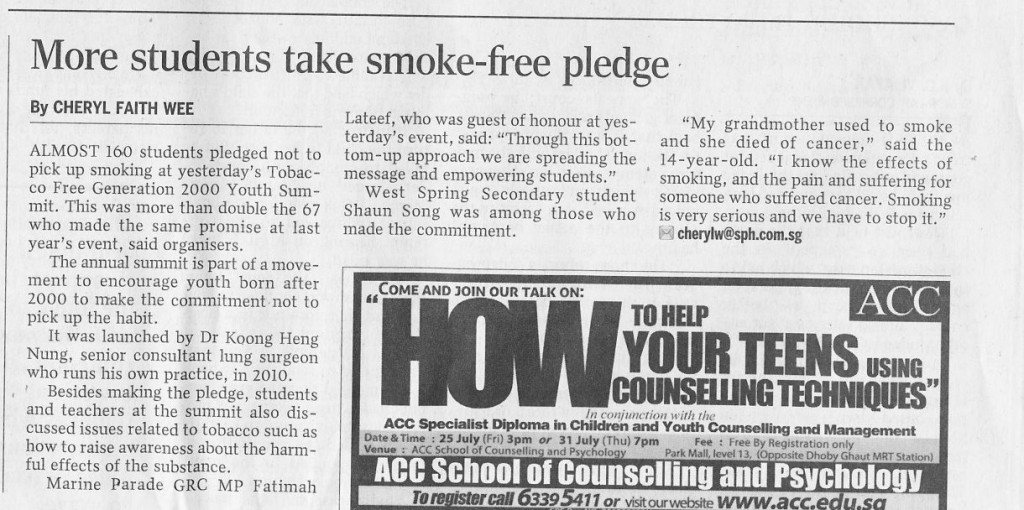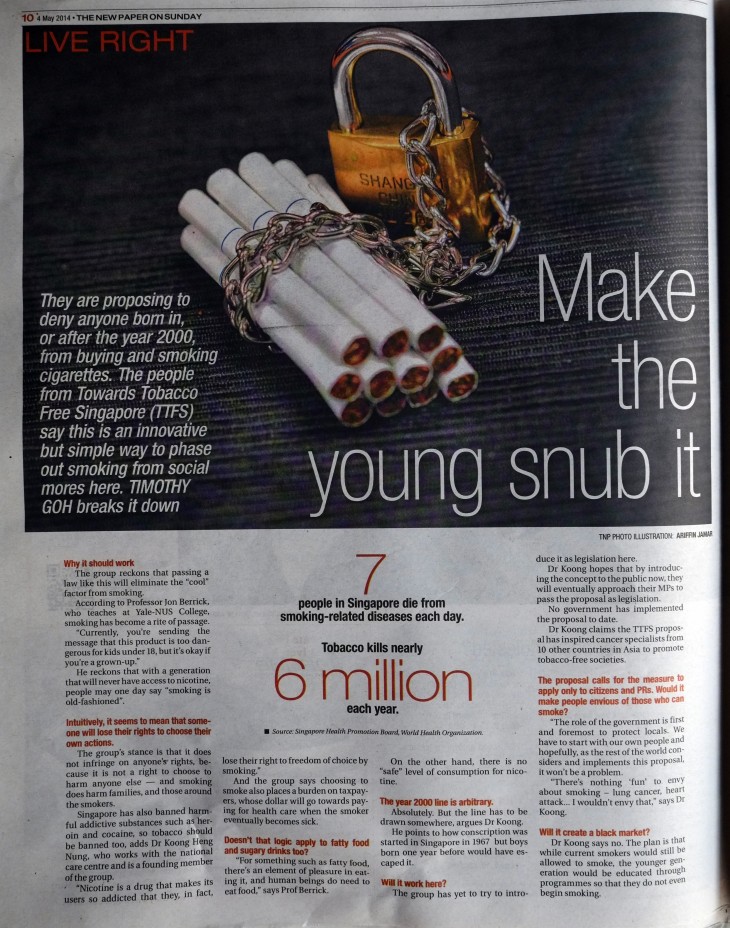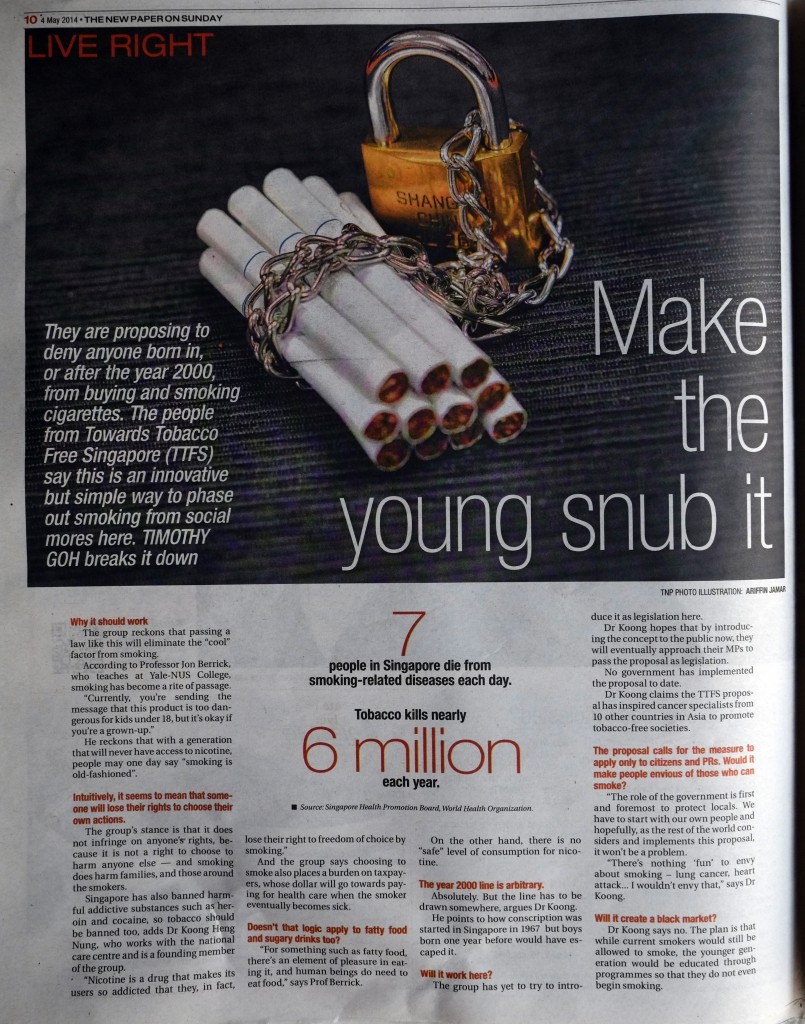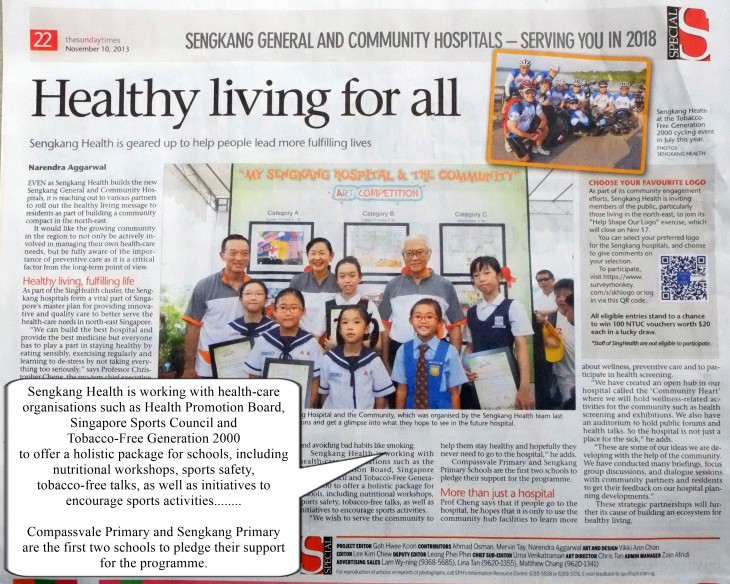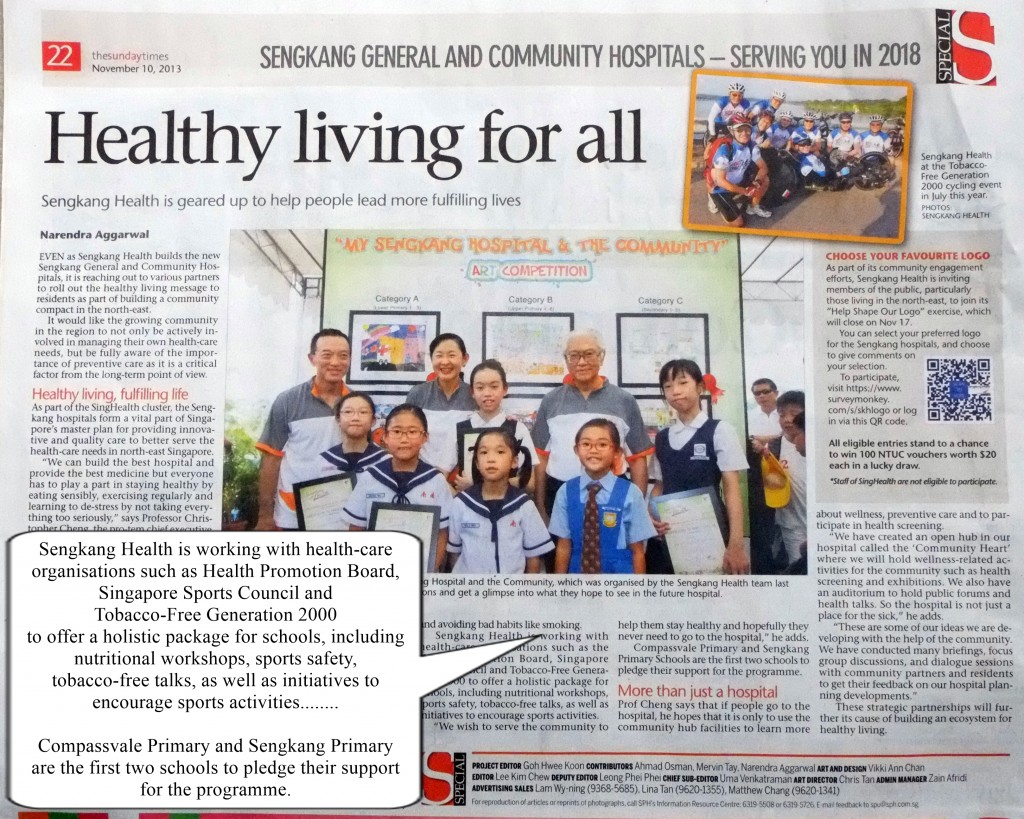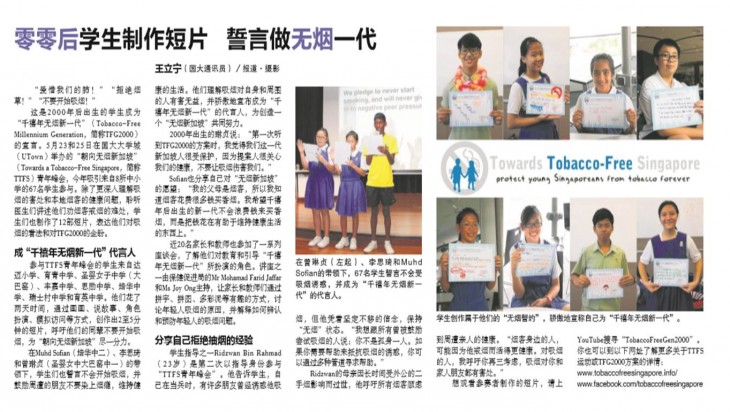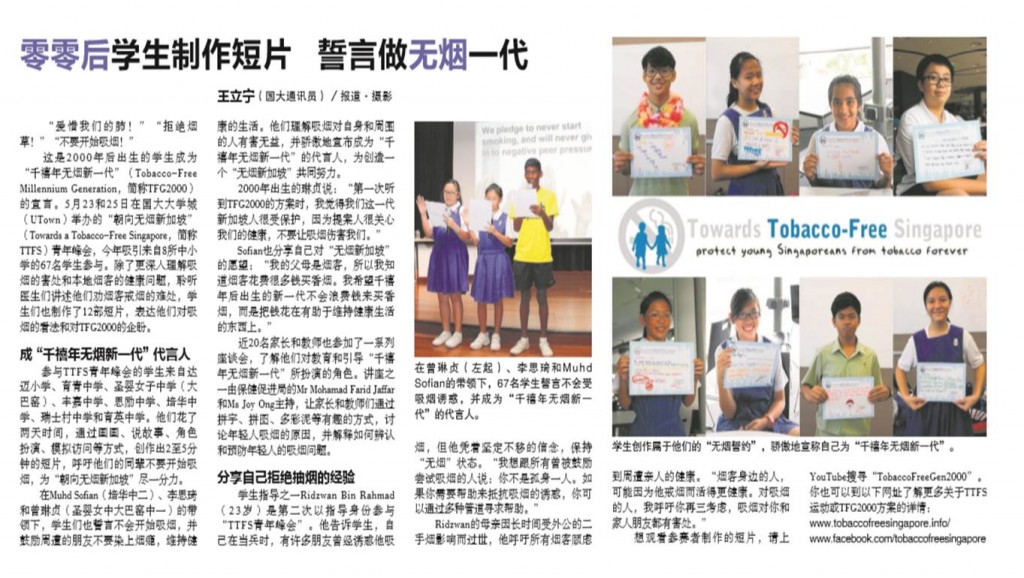The notion of creating a Tobacco Free Generation is gaining traction worldwide.
2 doctors from Brookline, Massachusetts, are proposing a ban on sales to all persons in Brookline born after 1995, forever.
Balanga City in the Philippines is already way ahead in this, declaring their city to be the first Tobacco Free Generation city in the world on 18 March 2016. Step by step, we are moving towards being a Tobacco Free Generation!
Article from Brookline.Wickedlocal.com:
6th April 2016
By Jenna Fisher for brookline.wickedlocal.com
BROOKLINE – As groups across the state move to increase restrictions on the sale and use of tobacco, two Brookline health professionals want to convince the town to be the first in the country to adopt a “tobacco free generation” policy.
Petitioners John Ross and his wife Megan Sandel are area doctors and see a number of patients with tobacco-related problems. Their warrant article for May’s Town Meeting calls for a ban on the sale of tobacco products to anyone born after 1995. Such a ban would encourage a generation of nonsmokers, they said.
“This is out of character for us,” said Ross. “I never really got involved in Brookline government. I just got fed up with seeing so many patients dying and felt this was a way to get involved and change something.”
Ross is a doctor at Brigham and Women’s Hospital in Boston. In addition to being a pediatrician who sees a number of children suffering from smoke-related problems, Sandel is an associate professor of pediatrics at the Boston University Schools of Medicine and Public Health, the medical director of National Center for Medical-Legal Partnership, and a principal investigator with Children’s Health Watch.
In 2014, Brookline raised the smoking age to 21, which some experts say helped lower smoking rates among teenagers at Brookline High School, the TAB reported.
According to a recent survey put out by Brookline’s Health Department, the rate of tobacco use among high school students in Brookline sits at about 5 percent, compared to about an 11 percent in the state and 16 percent in the US.
Still, Ross said the number is still too high.
“I would take the position that tobacco is a drug. It’s a defective consumer product. If it were a new consumer product, there is no way that it would be considered [safe for] sale,” he said.
On average a smoker lives 10 years less than a nonsmoker. And tobacco caused more than 480,000 deaths each year (including deaths from secondhand smoke), according to the Centers for Disease Control and Prevention.
In Massachusetts, tobacco use contributes to the death of 9,300 people and costs $4.08 billion in health care bills each year, according to activist campaign group Tobacco Free Kids, which led a march last month at the capital.
Cigarettes are the number one cause of preventable death in the United States, said Ross.
“People may talk about consumer choice, but this is really an addictive drug on the level of an opiate,” he said. “Tobacco is the only consumer product that kills you when used as directed. There’s no equal in terms of disease and harm it causes.”
At first, the couple hoped to ban the sale of tobacco to everyone in Brookline. But after some thought they decided to scale back.
“We don’t have any desire to put anybody out of business,” Ross said.
Ross and Sandel are proposing a ban of sales to all persons in Brookline born after 1995, forever. That would mean if you are currently of legal age to smoke, you would still be able to smoke, but if not, you wouldn’t be allowed to start.
This would mitigate some of the impact to retailers by decreasing sales by about 2 percent a year, he said, at the same time protecting youth by making it more difficult to start smoking.
“Every day that I come to work, I see people who have been damaged in one way or another by tobacco, COPD, new diagnoses of cancer, heart disease or many of the ways that tobacco can impact your health. At some point I realized the most effective way to treat the ravages of tobacco is to prevent them from happening at all,” he said. “If [the warrant article] did pass, it would be another example of Brookline breaking ground in the fight against tobacco.”
Ross said reaction in the medical and public health circles has been positive. The Public Health Advocacy Institute at Northeastern University – which has defended municipalities in the state that have enacted various restrictions on tobacco – has agreed to defend the town pro bono should it run into serious opposition.
“Of course the town has the right to handle its own defense of its legislation, but we would be able to go into court and do the written work and handle that on behalf of that or in conjunction with Brookline if there is a challenge from either retailers or another part of the tobacco industry,” said Mark Gottlieb, executive director of the public health advocacy institute at Northeastern University School of Law.
And there’s a chance of litigation.
“This would be a first of it’s kind. In general the more restrictive a piece of legislation or health policy regarding a tobacco, the more likely it is to be challenged, usually by retailers,” he said.
But he’s optimistic.
“Legally we’re quite confident that this is a strong approach that would be successful,” he said.
In Brookline, small convenience stores are the primary source of cigarettes. It’s unclear what the impact might be on them.
“That’s something that the community carefully needs to review. How does it affect existing businesses?” said National Association of Convenience Stores’ Jeff Lenard, based in Virginia. Lenard added that about a third of convenience store revenue comes from tobacco products.
Ross and Gottlieb seem to have given it some thought.
In late 2014, the town of Westminster toyed with the idea of banning all tobacco sales. That was met with an unpleasant backlash against the board of health, said Gottlieb. The meeting to discuss it was overwhelmed with protestors, he said.
“The Tobacco free generation concept is a much more moderate and very gentle phase out. It’s really just affecting a tiny amount of sales each year. It’s something that gives the retail company a lot of time to adapt to. And ultimately achieve the same goal which is to stop the cycle of youth addiction.”
Some 95 percent of users start using tobacco products before the age of 21, said Gottlieb. “I think this proposal is a very elegant way of achieving a very important health goal. If Brookline adopts this and becomes the first in the nation it will open a lot of eyes across Massachusetts.”
This original article can be viewed here.
